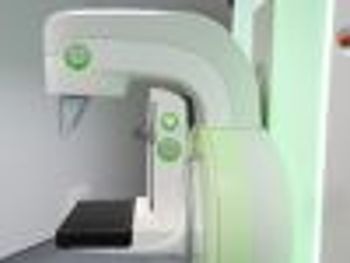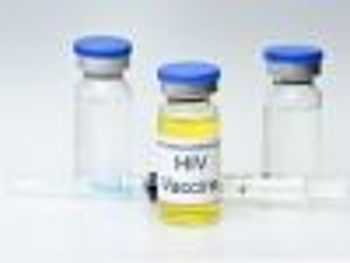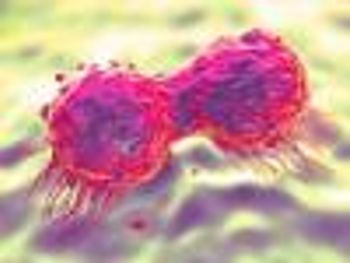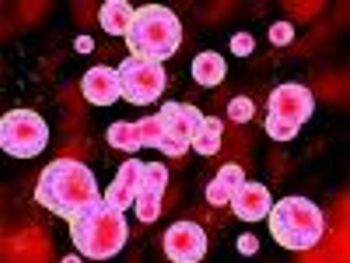
Gut bacteria found to influence the activity of cells in the brain that control inflammation and neurodegeneration.

Gut bacteria found to influence the activity of cells in the brain that control inflammation and neurodegeneration.

Radon already associated with lung cancer development.

Combination imaging found to reduce recall rate in patients with breast cancer.

Top news of the day from across the health care landscape.

Top news of the day from across the healthcare landscape.

Informed choices of therapy regimens could save up to $1 billion annually in cancer drug spending.

Selinexor combined with liposomal doxorubicin and dexamethasone shows promise.

Study hopes to overcome significant challenges in producing an HIV vaccine.

Top news of the day from across the health care landscape.

Metformin found to improve survival in breast cancer and shows promise in endometrial hyperplasia.

Study of clinical development success rates finds phase 2 trials are less successful than any other R&D phase.

Cost and access burdens among individuals at-risk for cancer improved through phone counseling.

Nerve axons and muscle fibers lose contact early in amyotrophic lateral sclerosis.

Study finds exercise may improve chronic inflammation and cognitive impairment in the treatment of cancer patients.

Top news of the day from across the health care landscape.

The highest retail prices for 23 different cancer drugs was found in the United States.

Adding temozolomide (Temodar) to chemoradiation reduced the risk of death by 33% in elderly glioblastoma patients.

Increased unemployment shows a negative impact on worldwide cancer mortality.

Aggressive treatment approach shows promise in children with high risk brain cancer.

Top news of the day from across the health care landscape.

Conditions such as multiple sclerosis, epilepsy and Parkinson’s disease may cause sexual dysfunction.

Risk of developing breast cancer in women with a BRCA1 mutation may be reduced.

Study finds new technique may improve treatment of diabetes.

Women diagnosed with breast cancer who carry a BRCA mutation have up to a 50% lifetime risk of developing a second breast cancer.

Bortezomib and dexamethasone slowed disease progression in patients with recurrent or refractory multiple myeloma.

Association found between persistent immune activation, arterial inflammation, and plaque development in HIV

Postmenopausal women with early breast cancer showed a reduction in disease recurrence after 10 years of aromatase inhibitor therapy with letrozole.

Ultrasound and chemotherapy in conjunction with microbubbles enhances pancreatic cancer treatment.

Biosimilar trastuzumab antibody (MYL-1401O) comparable in efficacy and safety to targeted cancer drug in women with HER2-positive advanced breast cancer.

Capecitabine chemotherapy in combination with gemcitabine show median overall survival rate of 28 months.